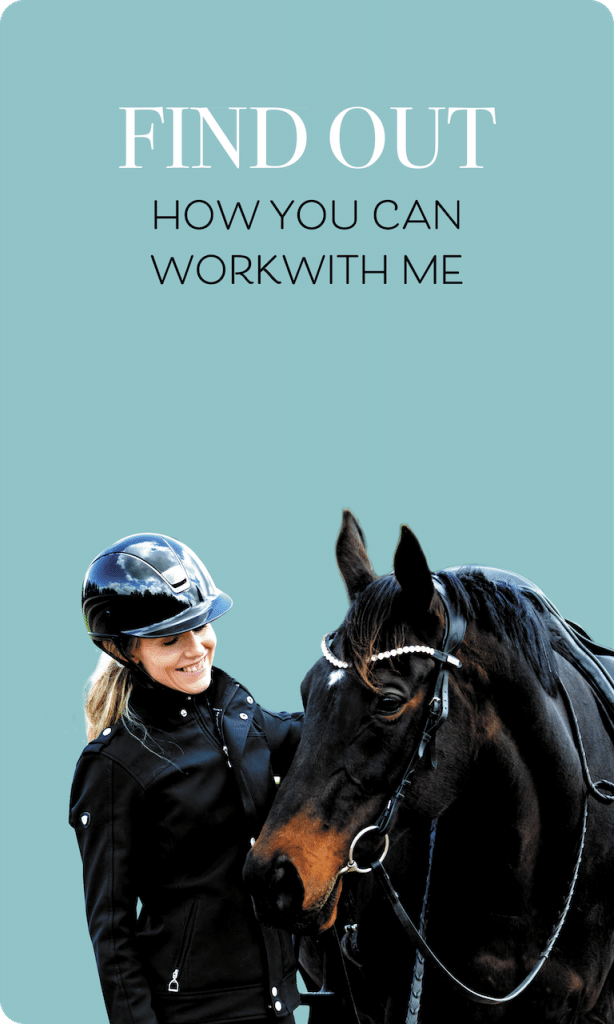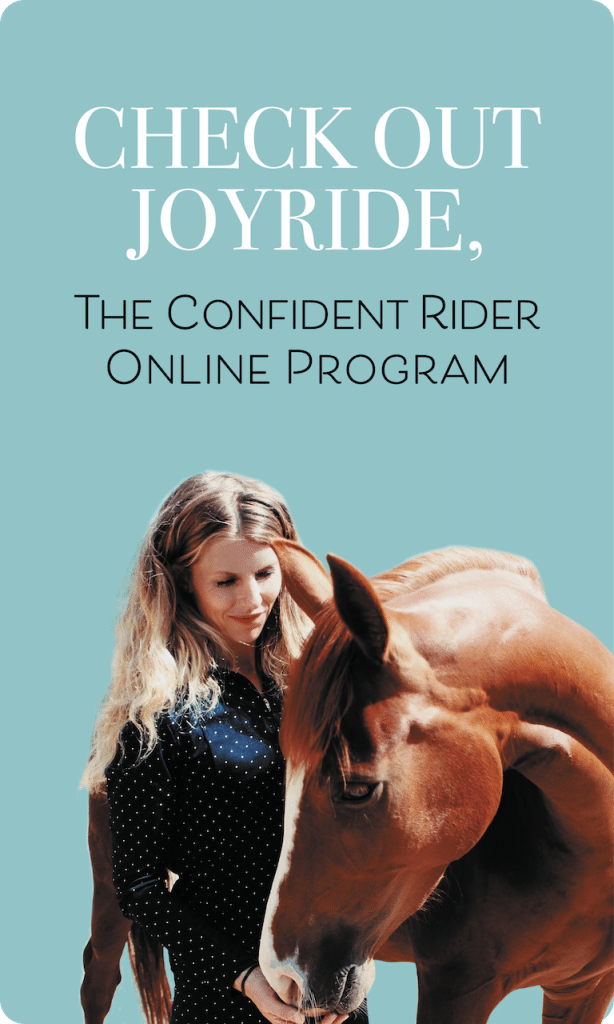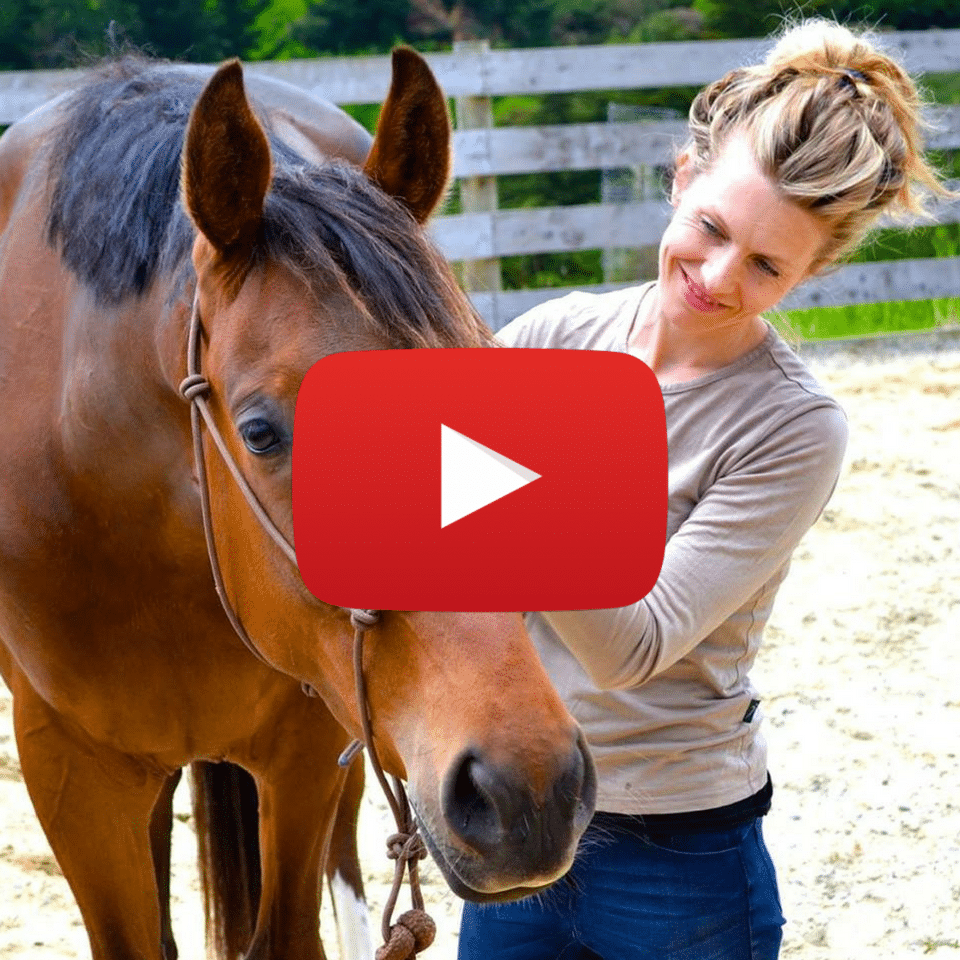“Leave your emotions at the gate”. It’s a principle that I subscribed to for a long time and only recently have I fully processed my thoughts and feelings about it. Consequently, I’ve completely flipped around.
What do I think now? I think that leaving our emotions at the gate is not the answer to being measured and effective horsepeople, but actually a huge part of the reason why we have problems intelligently managing our emotions in the first place- and will only continue to do so for as long as suppression and detachment about how we really feel about an event, situation or circumstance appears to be the answer.
When we consider who we are and how it is we operate in the world, we function as a consequence of multiple intelligences; the physical, the mental and intellectual, the emotional and the intuitive. For the most part, the most highly developed of these and consequently, the most overused is our logical or intellectual intelligence. This is not because it is any better or stronger than the others, it’s simply the one that we have paid the most attention to. Analyse any school system or educational institution and it becomes apparent that feelings and sensory intelligence are not promoted, if barely acknowledged.
As a consequence, we have ceased to understand the importance and value of experiencing the entire range of emotions on the spectrum- from those that we might categorise as “negative” right through to the “positive” emotions- simply because our underdeveloped use of emotional, intuitive and in some cases physical intelligence have lost the ability to communicate to each other and process information as the highly developed and exquisite sensory and mental superhighway they are.
The effects of this are far reaching. Our heavy reliance on thought and logic means that we are “stuck” in overthinking loops that appear to have no way out. Having ignored our physical intelligence, our body is unable to translate this mental energy into useful, tangible action.
Cut off from our emotions, we are unable to process how we feel in response to the thoughts we are having and allow our emotions to flow. Instead, we repress or express in ways that damage us, our horses and those around us.
A little attended to intuition is no longer free to provide insight or to allow the space and “allowing” needed to reach conclusions, understandings and learnings that are the gift of our intrinsic, wholehearted nature.
Instead, we cut ourselves off at the head- literally- and wonder why there is no way out.
Judgement- or our perception of judgement- is one such example of this. In the healthiest sense, judgement allows us to look at something and decide whether it works for us or not. When we are able to integrate all of the above, judgement is not name calling or put downs; it doesn’t categorise things into good or bad or us and them. Judgement is healthy and necessary.
I’ve chosen judgment as my topic of choice in the previous two blogs I have written about. Off the back of that, I’ve noticed the questions and dialogue I’ve received around it interprets judgement- all judgement- as unhealthy, which is so if you are not operating from a psyche that is measured, that pays attention to all of its intelligences and honours each of them.
Judgement based purely on intellect will most likely result in categorization and polarization.
Judgement based purely on emotion means we lose the ability to rationalize, to take what we need to from them and to channel them appropriately. Instead, we might overreact or fly off the handle.
The healthy form of judgement involves us making intelligent, considered decisions as a result of heart and mind working together. It’s vastly different from labelling, name calling and personal attacks, which is much more reflective individual disharmony and division, such unprocessed feeling or trauma, rather than an inherent “flaw” of judgement.
Categorizing emotion- any emotion- as good or bad, or as something we should or shouldn’t do is unhelpful, and what’s more, damaging.
The practice instead needs to turn to the promotion of each of our intelligences so we can understand the messages and learnings provided to us and learn to channel and direct them in ways that see us operating from the whole of ourselves for the sake of everyone- us, our horses and those around us.
Leaving our emotions at the gate cuts us off from the ability to create meaningful, empathetic and fully engaged relationships with our horses, and I think we owe ourselves and them so much more than that.
xx Jane






2 thoughts on “Taking Your Emotions With You; The Case for Wholehearted Judgement”
I have never believed we should leave our emotions at the gate as is often professed. I do strongly believe we need to temper our negative emotions and anger, and not take them out on our horses. I struggled with that for years. Some of my best days of riding, and days when a lot got done with horse, depended upon and emotional connection and “gut feelings” with my horses-sometimes flying by the seat of my pants and dang little intellectual reasons for what I was doing:)
I love that my beautiful horse , loves all of my emotions … as I love hers .
My ability to allow my self on many differenr unique levels to learn from her, to be in the moment of each moment in time with who I am .. as I receive from this wonderful lesson , gift .. horses ..
Comments are closed.